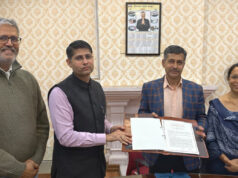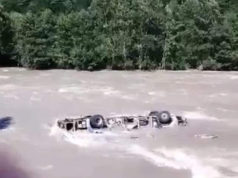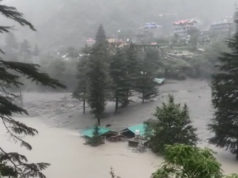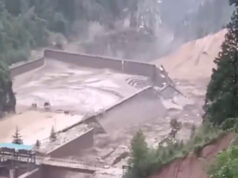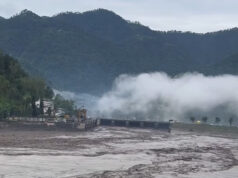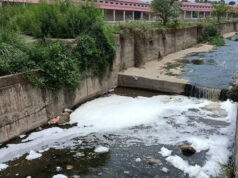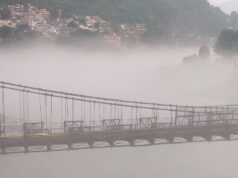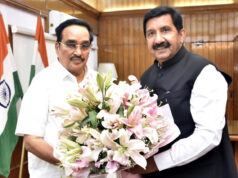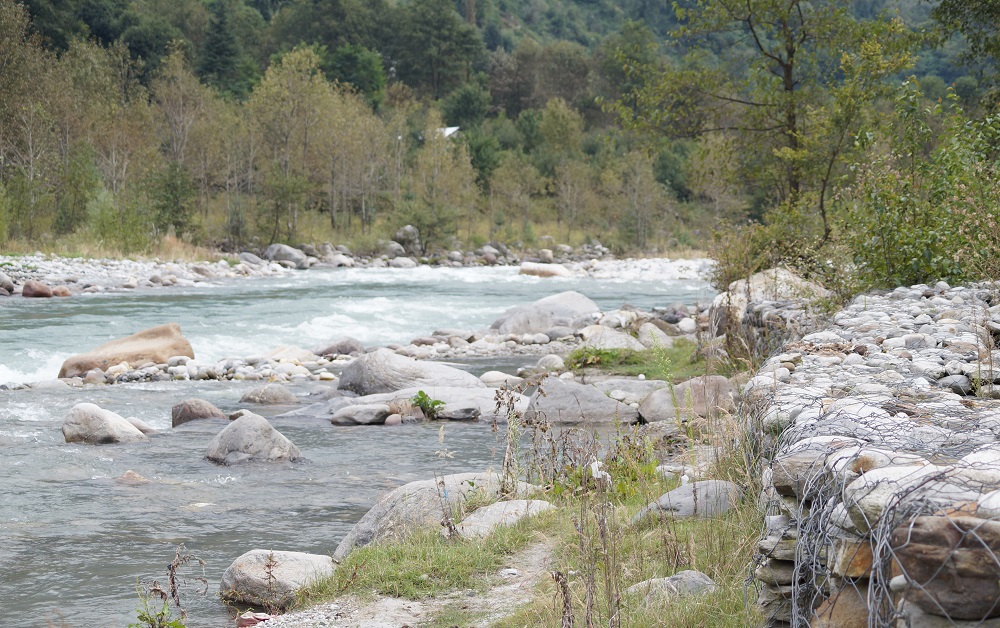Mandi – A serious case of environmental negligence has come to light in Mandi district, where untreated waste from the city’s sewage treatment plant (STP) in Khaliyar has reportedly been dumped directly into the Beas River. For the past 10 days, the river water has turned murky, alarming residents and raising major health and ecological concerns.
Locals living along the riverbanks, especially near Kandhapattan – about 40 km from Mandi – reported that murky, foul-smelling water began flowing after heavy rains 10–12 days ago. Fishermen also confirmed that the discolored water has persisted for over a week, and while the odor has reduced somewhat, the river has yet to regain its natural clarity.
Investigations revealed that the change in the river’s water color was due to untreated sewage being discharged from the Mandi STP into the Beas. Medical experts have warned that such contamination can lead to serious health risks, including infections related to the liver, kidneys, and digestive system.
What’s even more concerning is that this polluted water has reached several drinking water schemes operated by the Jal Shakti Department. Over the last 10 days, nearly a dozen drinking water schemes continued to draw and distribute this contaminated water to the public without identifying or addressing the source of pollution. In some areas, filtration tanks were damaged during the recent disaster and emergency “jugaad” methods are reportedly being used to supply water.
Sources suggest that ongoing upgradation work at the Khaliyar STP may have overwhelmed its capacity. When heavy rains raised the river’s water level, workers allegedly diverted excess sewage into the Beas by creating a slope. Shockingly, despite the seriousness of the situation, no pump house staff informed department officials.
Eyewitnesses reported that untreated waste was still being dumped into the river as recently as Monday – a clear violation of National Green Tribunal (NGT) orders. The NGT had earlier directed the Central Pollution Control Board (CPCB) to inspect all STPs across Himachal Pradesh, recognizing that many are major contributors to river pollution.
While some water supply schemes in Dharampur reportedly rely on percolation wells and the Son Khad stream, most of the Kotli sub-division continues to receive water from filtration tanks situated along the Beas. This raises fears that thousands may already have consumed contaminated water.


